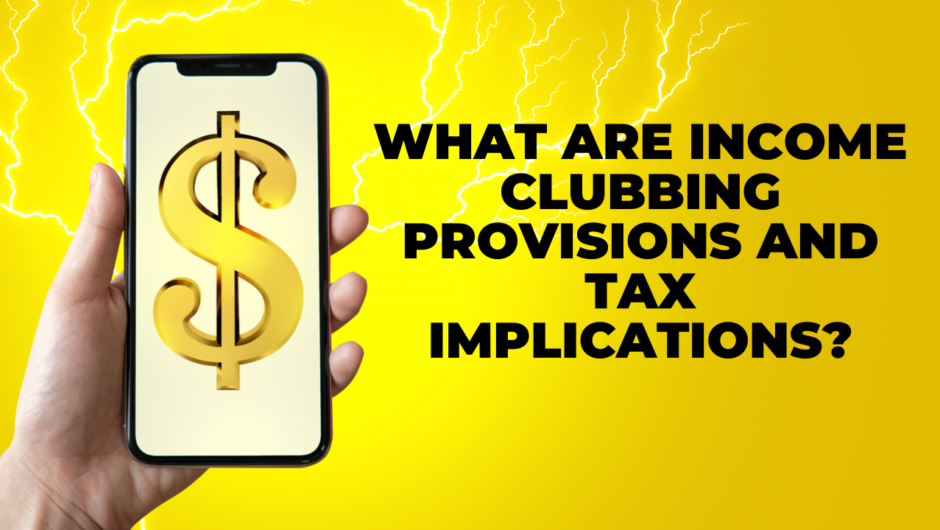According to LIMRA’s 2020 Insurance Barometer Study, 54 percent of all people in the United States were covered by some life insurance.Unfortunately, that leaves 46 percent of the American population with no life insurance cover at all. Why is this so in a country where most people can afford cover?
Investopedia sums it up as follows: “One reason is that people assume life insurance is too expensive. For example, when asked to estimate the cost of a $250,000 term life policy for a healthy 30-year-old, the majority of survey respondents guessed $500 per year or more. In actuality, the average cost is closer to $160 a year.”
Read along as we consider what insurance is, why it is necessary and how you should include it in your estate planning.
What is insurance?
Simply put, insurance is a mechanism you use to manage risks. You pay a monthly amount called a premium to an insurance company. The insurance company then assumes the risk that you are covering, and if this risk materializes, the insurance company will make good the losses on that risk.
The insurance company invests the collective premiums paid by clients and grows that money, which it uses to pay out any claims made against it. There are far more premiums paid than claims so that the insurance company can cover the risks of the few people claiming between the growth and the premiums held.
Is insurance necessary?
Nobody enjoys paying premiums month after month while seeing no immediate benefits. However, when the proverbial pawpaw hits the fan, you will be thankful that you had insurance in place when you needed it. Trust me on this.
Life is unpredictable, and the Gods favor no man. Catastrophes affect everybody, and your life can be turned upside down in a split second. So take a second to consider how a car wreck can affect your life in the most horrendous ways and how much worse that can be if you do not have the health insurance to step in and cover the medical treatment when your life may depend on it.
Countless examples occur every day. The presence of insurance will radically improve your position and make that catastrophe easier to handle for you and your loved ones.
What basic insurance do you need?
You need to ensure that you are covered in health, death, and property at a bare minimum.
Your health is your wealth. So when it is threatened, you need to be in a position to get the best treatment you can have access to so that your health is restored without the additional stress of financial pressure.
Life insurance will protect your loved ones when you die by providing for their needs, covering the cost of your funeral, and leaving them with no debt.
Your house is your largest asset. Property insurance will ensure that you can replace your house if anything significant happens. You stand to lose everything you have invested so heavily in without this insurance.
So you have the basics covered, what next?
Insurance and estates go hand in hand. Therefore, your insurance policies should form part of your estate planning and financial planning strategy to ensure that you accumulate long-term wealth, minimize risk, and cater to all eventualities.
So the question is not whether you need insurance. The issue is what kind of insurance you need and how you go about structuring that as part of your overall portfolio and longer-term strategy to achieve your goals, financial security, property security, and health.

Hey, this is Johny Sehgal. I am the owner and caretaker at Finance Jungle. I completed my education in BSC and now heading towards the digital marketing industry. I usually have interests in reading, playing games and watching movies. I also love to write content based on quality information. The main motive of mine is to provide the top and best quality information to my readers. Finance Jungle is the blog for the same.












